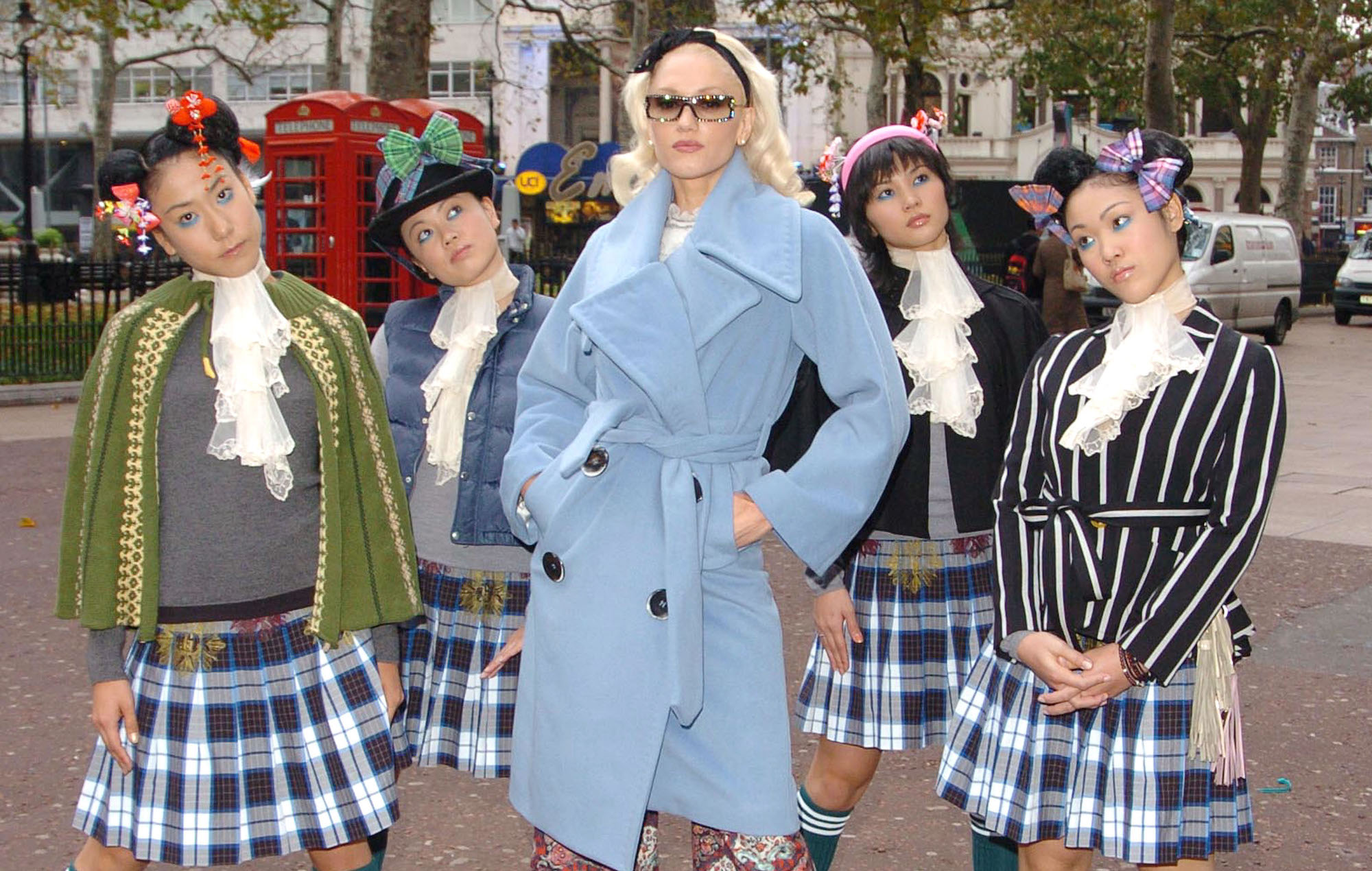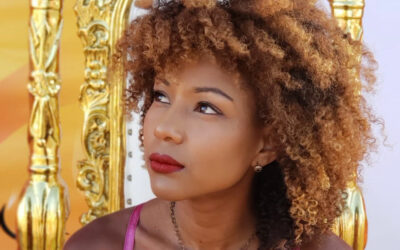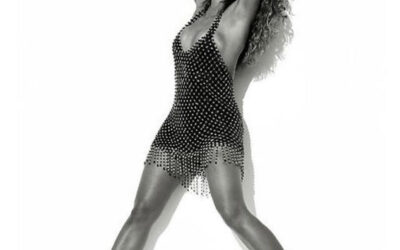Cultural appropriation is unfortunately an issue seen multiple times in the music industry, and has detrimental affects on underrepresented women and how they express themselves and their culture.
It is officially defined as: “Cultural appropriation takes place when members of a majority group adopt cultural elements of a minority group in an exploitative, disrespectful, or stereotypical way.”
While we aim to uplift women, we still want to point out how their behaviour can me damaging to smaller artists, especially those from marginalised groups, such as women of colour.
Gwen Stefani appropriating Japanese culture

In the 2000s, Gwen Stefani took a significant interest in Japanese, specifically Harajuku, culture. This was incorporated into her music and fashion.
The release of her 2004 album ‘Love. Angel. Music. Baby.” saw Stefani enlist four Japanese backup dancers. This received notable criticism from fans for ‘objectifying’ the women as part of her aesthetic.
In addition, Stefani also released a fragrance line called ‘Harajuku Lovers’. The bottles were shaped in caricatures of Stefani and her back up dancers.
Despite the cultural appropriation allegations, the fragrance went on to gain The Fragrance Foundation’s ‘Fragrance of the Year Award’ in 2009.

When asked about her fascination of Japanese culture by Filipino- American journalist Jesa Marie Calaor, Stefani said: “My God, I’m Japanese and I didn’t know it.”
While Stefani insists the comment was innocent and defends her Harajuku era, it was not take` well by the internet, and only led to more backlash.
Joy (Red Velvet) appropriating Black culture
Cultural appropriation is not just an issue amongst Western celebrities, Eastern celebrities have had instances of it too.
Joy from the K-Pop group Red Velvet faced backlash in 2019 when promotional images for their single ‘Zimzalabim’ were released.
The images included the singer with several braids in her hair, which was criticised by fans for appropriation of Black culture.
An official apology statement was never issued.
Adele appropriating Black culture
Adele garnered significant media attention in 2020 when she posted a photo to her Instagram sporting Bantu knots, a traditionally African hairstyle. Alongside this, she wore a Jamaica flag bikini.
The picture was posted to celebrate Notting Hill Carnival, an annual festival celebrating Black British culture. It features vibrant and exciting live stages, food, and parades.
Adele has since apologised for her actions in a British Vogue interview.
She said: “I didn’t read the f*cking room […] I was wearing a hairstyle that is actually to protect Afro hair.”
However, she didn’t remove the post: “If I take it down, it’s me acting like it never happened.
“And it did. I totally get why people felt like it was appropriating,”
Madonna appropriating North African Culture

The 2018 VMAs saw Madonna wearing a traditional outfit belonging to Amazigh culture – ethnic groups belonging to Indigenous North Africans.
The look, featuring a headpiece, jewellery, robe, and braids, was not immediately understood to be cultural appropriation. Many viewers were unfamiliar with the culture so didn’t spot the offensive nature straight away.
Madonna never issued an apology for the outfit.




